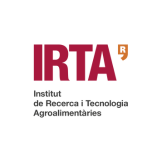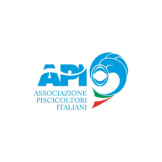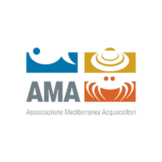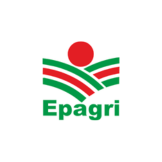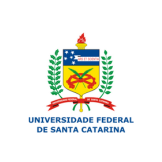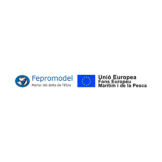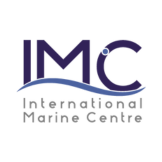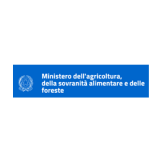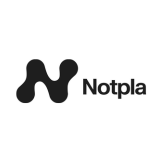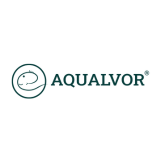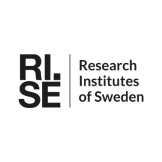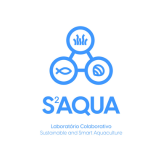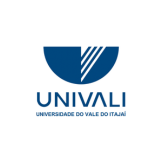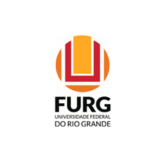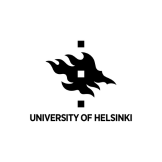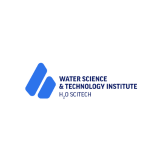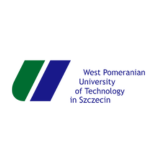BlueBoost
Project Title Culture of a wide range of low trophic species to boost sustainable production of Blue Food and reduce environmental footprint
Key facts
Status: ongoing
Duration:
1 Apr 2024 - 31 Mar 2027
Theme:
Blue bioresources and blue food
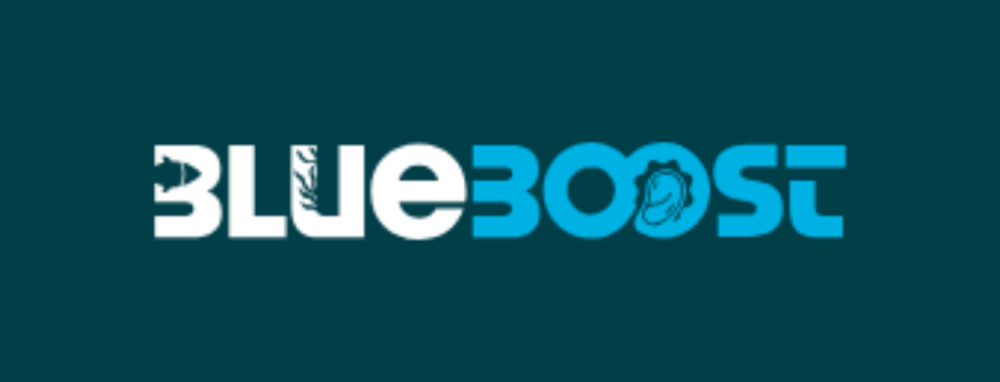
Contact
Website:
Blue Boost ➝
LinkedIn:
https://www.linkedin.com/company/blueboost-project/ ➝
Email address:
Email ➝
Description
BLUEBOOST fits priority area 3.2.3 and aims to demonstrate that co-culture of a wide range of low trophic species with established species can boost current European aquaculture of blue foods and feeds while reducing the environmental footprint and moving towards a carbon-neutral aquaculture blue economy. The consortium consists of partners from eight countries (Spain, Portugal, Poland, Italy, Brazil, Sweden, UK, Finland) and three seas / oceans (Atlantic – north and south, Mediterranean, Baltic). Partners are experts in the ecology, hydrobiology, culture of low trophic species, integrated multitrophic aquaculture (IMTA), economics and life cycle assessment (LCA) of blue food and feed production.
BLUEBOOST aims to provide knowledge based solutions that will enable the aquaculture industry to overcome bottlenecks that inhibit Governments and businesses, following an impact pathway that can increase the volume and diversity of aquaculture products, reduce environmental footprint towards a carbon-neutral economy, raise the circularity and competitiveness of the blue economy, provide new products, restore ecosystems, create jobs and increase ecosystems resilience against climate change. The partners will work with six different IMTA systems and a wide range of species from different trophic levels to evaluate the use of waste streams from traditionally farmed species to provide nutrients and feed for low trophic species. The nutrients and carbon fluxes will be mapped, and the environmental footprint of six systems with and without IMTA, determined employing LCA to demonstrate the benefits and trade-offs of incorporating extractive low trophic species in combination with traditional aquaculture species. Self-financed partners will examine new products, use of macroalgae for sustainable food packaging and test low trophic blue feed ingredients in the diets of marine organisms. To restore ecosystems, threatened oysters species will be farmed in Italy and Spain, whereas coastal ponds of the Ebro Delta will be offered as new aquaculture sites and protection against climate change related sea level rise and storm intensification.
We envisage that BLUEBOOST will involve (co-creation/co-design) and impact all stakeholder levels providing societal value creation such as: (a) technical advances that provide new sustainable production methods and products; (b) reduced environmental footprint of blue food and feeds; (c) environmental restorative aquaculture practices; (d) improved economics with increased volume and diversity of production; (e), policy-making to provide conditions for and to drive desired change and (f) low carbon products and business investments to meet consumer demand. This win-win scenario will deliver improved diversification of blue foods and feeds and, at the same time, increase production volumes and quality, to improve the competitiveness of European and Brazilian aquaculture while reducing the industries environmental footprint.


